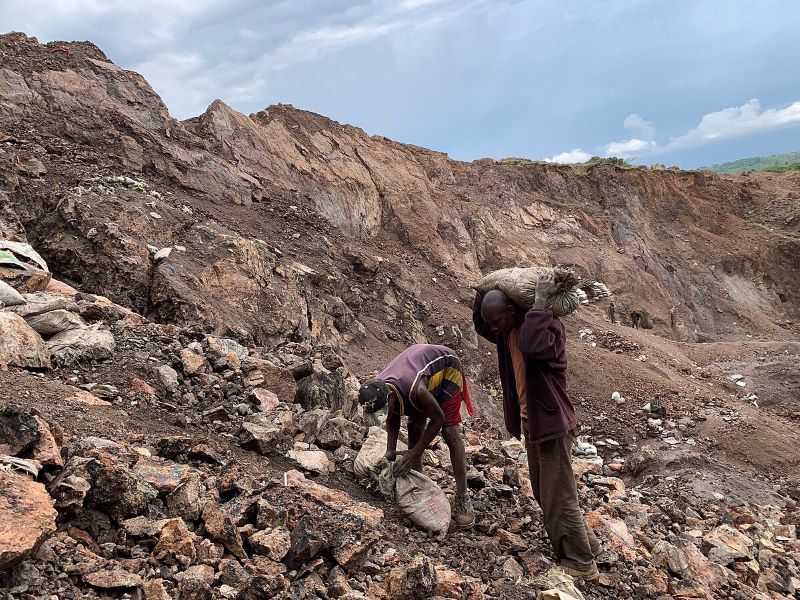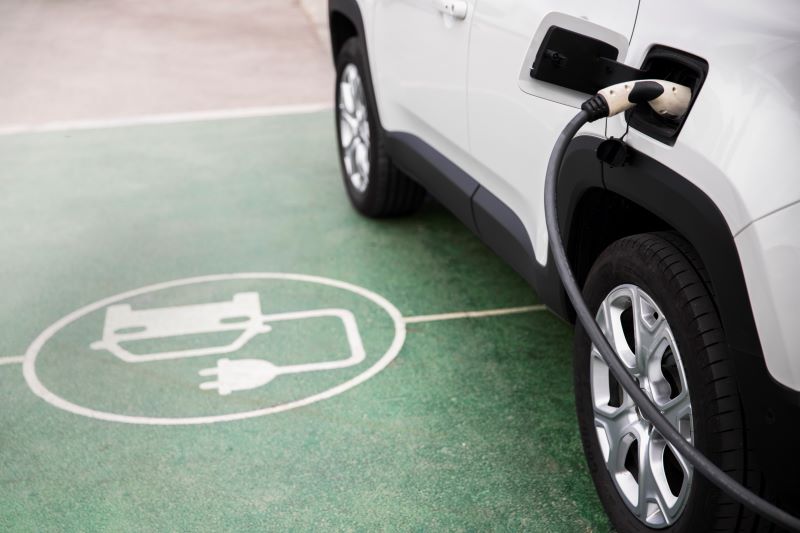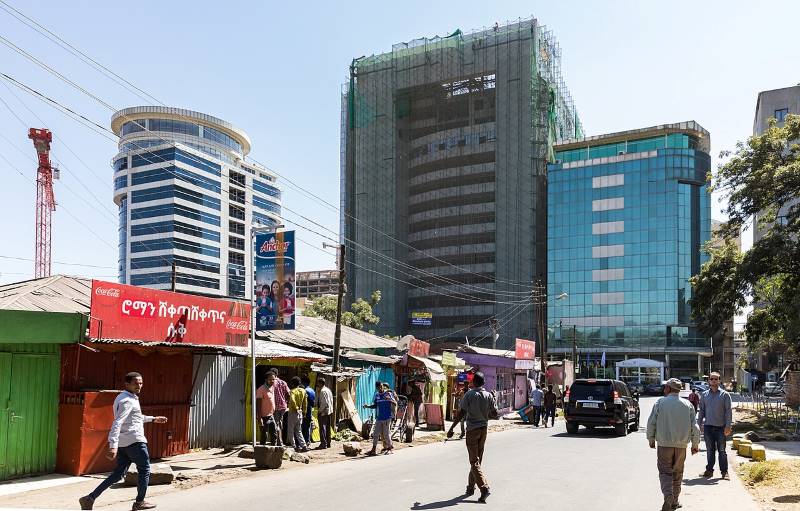Photo by Freepik
Electric vehicles, or EVs, are making headlines around the world from China, to Europe, to the leading pack in the United States while their gas-guzzling companions trail far behind. What is happening in Africa? The tale of Africa is just a little more complicated than that, but it’s full of possibilities. Africa may not be the leader of the pack now concerning electric vehicle production, but change is on its way, and it has the potential to impact the continent on various unexpected levels.
Let’s dig into how the changes by EVs might influence African transportation patterns and what awaits them ahead.
Africa’s Unique Starting Line
When you think of electric cars, you probably imagine sleek Teslas zipping down highways, right? Well, Africa’s journey toward electrification looks a little different. The continent’s 54 countries have a mix of priorities, economies, and infrastructure challenges. So while some nations are getting a head start, others are still figuring out how EVs fit into their transportation puzzle.
For example, East Africa—particularly Rwanda and Kenya—is already leading the charge in electric motorcycles. You may be familiar with what a boda boda is—the motorcycle taxi ubiquity in these cities. Imagine the same taxis, only electric and zipping around without the noise and fumes. Because of new financing models, low-income drivers can simply swap their old bike for an electric one and earn more at the same time. Plainly: cleaner air; a bit more jingling money in drivers’ pockets.
But nations that rely heavily on fossil fuels, such as Nigeria and Algeria, will have a bit more to lose. These countries built their entire economies around the production of crude oil, and an EV revolution could mean a bit of a shake-up in their foundation. So while the world will push for more environmentally friendly transportation, the changeover in these areas might be slower and trickier.
The Power Struggle
The biggest challenge to EVs in Africa is the power grid. How else will an electric car power up to charge the charging stations? In many parts of Africa, it is far from a sure thing. Power cuts, grids, and rural areas can make it almost impossible for overnight revolutions by EVs.
But here’s the thing: Africa is nothing if not resourceful. Take Rwanda again. They’ve recently begun opening battery-swapping stations for electric motorcycles. Instead of waiting for your bike to be recharged, you just swap the dead one for a new one and head off again. It’s a brilliant, low-cost solution that works around the need to install constant charging infrastructure.
Africa also could provide the utilization of renewable energy sources. Countries like Kenya, with their massive capabilities in wind and solar energy, should utilize this capability to power up EVs sustainably. This could take the continent away from fossil fuels while solving some inconsistent electricity supply.
Africa as a Manufacturing Hub?
That’s where it gets really interesting. Not only is Africa on the list for buying electric vehicles, but it’s also going to have an excellent role in perhaps making them. Why? Countries that export vehicles to the EU intend to make a move amid the EU’s 2035 ban on selling ICE vehicles. This is an African country in that line in the supply chain, coming prepared to flip from ICE manufacturing to EV.
Not to be ignored is Africa’s raw material riches, and the Democratic Republic of Congo, for instance, hosts an enormous slice of cobalt reserves globally, a material going into EV batteries. Rather than exporting such minerals, African states may start manufacturing batteries and other components of the EV and retain much more in wallet share.

Cobalt mining in the Democratic of Republic of Congo. The International Institute for Environment and Development, CC BY 2.5, via Wikimedia Commons
A Breath of Fresh Air (Literally)
Undoubtedly the most exciting opportunity for EVs in Africa is public transport, since anyone who has ever been stuck in city traffic in the likes of Lagos or Nairobi knows just how bad air quality can get. But electric buses could change all that – big time.
Electric buses will not only be clearing the congested as well as polluted city streets in Dakar, Senegal. There is a prospect of cutting down the emissions that will be behind this effort to convert people from private cars to public transport-the hope of this city. It’s the win-win solution that best fits Africa’s growing cities.
More to it than buying the buses, though. Infrastructure would have to be invested in to charge the buses. Africa’s roads differ in quality from city to city; therefore, quite a bit of groundwork has to be done literally.
Roadblocks:
Talking of roads, how about infrastructure? Well, EVs are great, but they’re not going to do much good for you if the roads you are going to drive on are in bad shape. In Africa, road networks are not uniform; often you would be lucky to find decent stretches in rural areas where many roads can barely be accessed.
It will be a tough decision for governments: fix and expand the road network first or invest in electric vehicle infrastructure. It is a very fine balancing act, and most countries might prioritize improving the condition of their roads before electric vehicles can take off.
The Road Ahead
Yes, the road to electrification in Africa is long, and there will be potholes—literally and figuratively—along the way. But with creativity, smart investments, and a clear focus on sustainability, Africa’s EV future looks incredibly bright.
The best part? Africa doesn’t have to follow anyone else’s script. The continent has the chance to write its own story in the global EV revolution—and that’s a journey worth following.

Anand Subramanian is a freelance photographer and content writer based out of Tamil Nadu, India. Having a background in Engineering always made him curious about life on the other side of the spectrum. He leapt forward towards the Photography life and never looked back. Specializing in Documentary and Portrait photography gave him an up-close and personal view into the complexities of human beings and those experiences helped him branch out from visual to words. Today he is mentoring passionate photographers and writing about the different dimensions of the art world.





